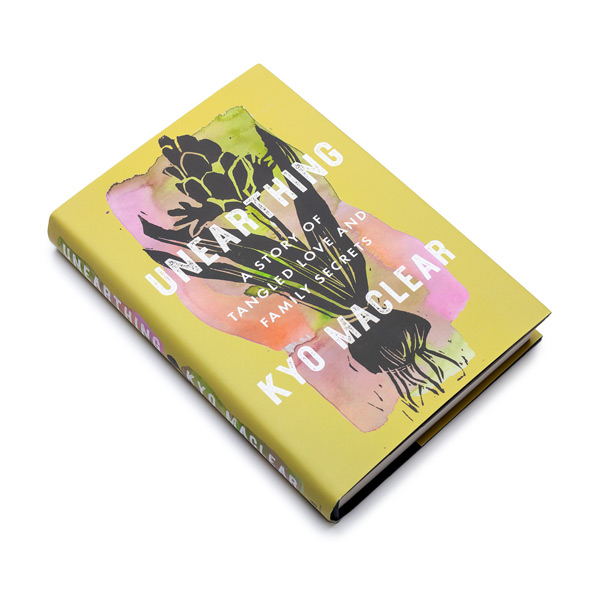Shortly after The Letter Opener was published, I was invited to give a talk to a large group of book devotees about the inspiration for the story. Given that the novel was incubated in my household letterbox, I thought I’d prepare for the talk by collecting a week’s worth of mail as an exercise in inventory.
Well, here’s my stack, more or less: A few bills, bank statements, membership renewals, postcards, gallery announcements … and a well-timed arts grant.
There are times when my mail is less uniform, less boring.
Every now and then something unexpected or unusual arrives. A letter from a childhood friend, whose big, loopy handwriting appears not to have changed since fifth grade. A large manila envelope containing half a quilt, literally a quilt cut in half, sent from an offbeat writer/acquaintance living in British Columbia.
Not this week, but many weeks, I receive mail addressed to a certain Mr. Szabo. Mr. Szabo is our family’s postal phantom. I should think every house has one. Over the past few years, we have seen at least a hundred letters addressed to Mr. Szabo — a man who, for whatever reason, never got around to having his mail redirected.
Because I have moved countless times over the course of three decades, and because I scrimp and only ever pay for several months of mail forwarding, it is highly possible that I am someone else’s postal phantom. It is probable, in fact, that there are envelopes addressed to Kyo Maclear regularly mingling with Canadian Tire flyers or “2 for 1” pizza coupons in recycling bins around downtown Toronto.
In my efforts to be a good citizen, I am fairly consistent about returning Mr. Szabo’s mail. I leave it for the mailman or drop it in a postbox with the words MOVED or Incorrect Address scrawled on the front. I consider this a small act of resuscitation. I don’t like the idea of my mailbox being an endpoint. I believe every letter deserves a fair chance of survival.
A few years ago, Mr. Szabo’s mail prompted me to start thinking about other unsolicited arrivals. I found myself wondering: What if I were suddenly to receive someone else’s mail in my box — a parcel so tempting and irresistible that it set off all my prying urges, triggered all the habits of voyeurism I had cultivated through countless years of reading People magazine, watching reality TV and whatnot … ? What if, upon receiving such a parcel, I simply could not resist “coaxing” it open? But then, what if upon opening it, I were to discover that it was not what I thought or wanted at all? It was not a love letter. Or a prize announcement. Or a shiny new bauble. Or a party invitation. What if this package did not conform to any of my ritualized expectations? What if — more to the point — it contained a letter asking for help or insight or, more simply, a witness.
My first novel has something to do with this world of lost and misdirected mail. It’s the story of a young woman named Naiko Guildford, who in her strange detective work as a mail recovery employee at a dead letter office in Toronto finds more mystery, and more meaning, in the world of lost objects than in the people around her — that is, until she meets Andrei, a Romanian refugee who arrived in Canada five years before and who works beside her briefly. One day, he mysteriously disappears. During the short time that they are acquainted, Andrei shares the story of his past life in communist Romania and the tale of his harrowing escape across the Bosphorus.
Now, Naiko has led a fairly insulated existence until this point, and her initial reaction to Andrei’s story and subsequent disappearance is to want to return to the secure harbour of her former life, to bury herself in familiar routines. She tries to put Andrei’s story out of her mind, its enormity and otherness, its unresolved drama. But she finds that it won’t budge.
What Naiko discovers is that some stories cannot be consumed and forgotten. Some letters cannot be resealed. They make demands of us.
For the full essay (and other extras), buy the special “P.S.” edition of The Letter Opener.
For more on postal phantoms, see: picklemethis.


